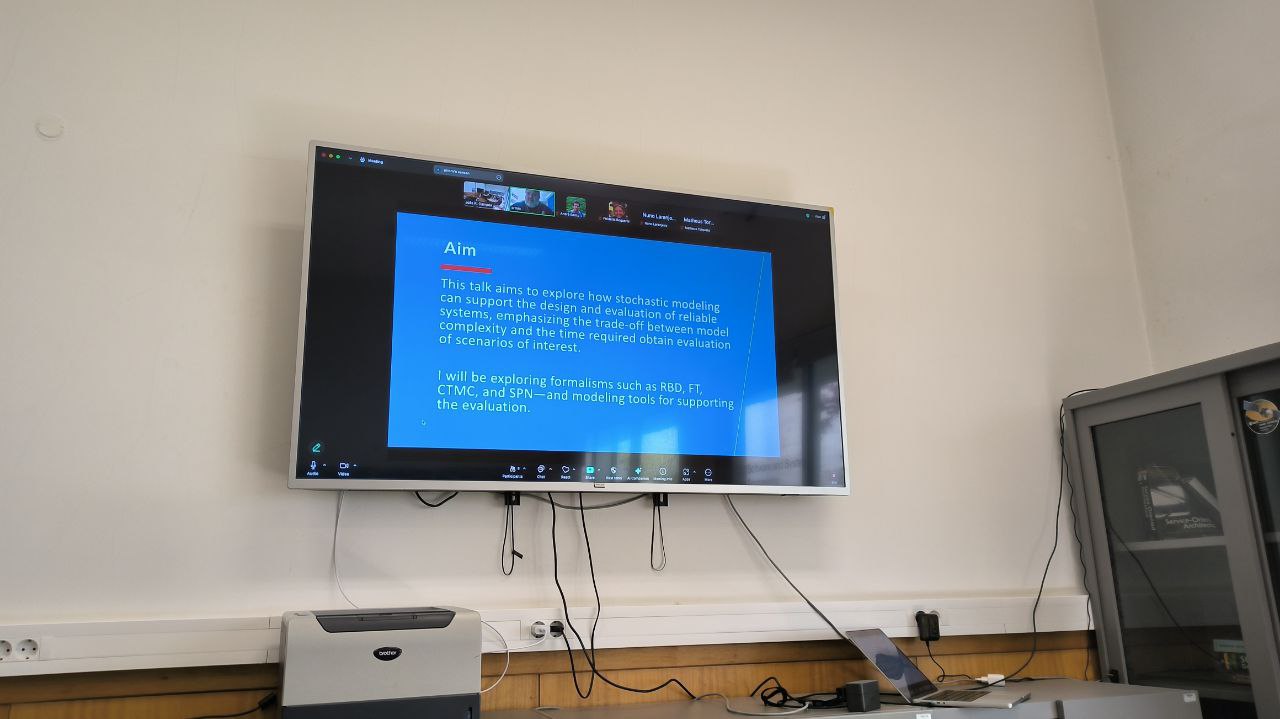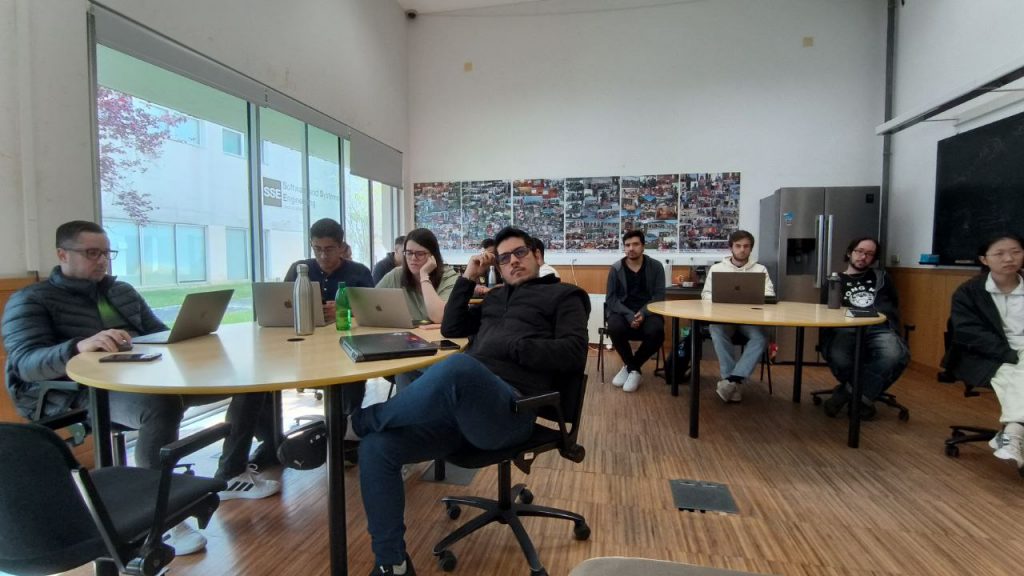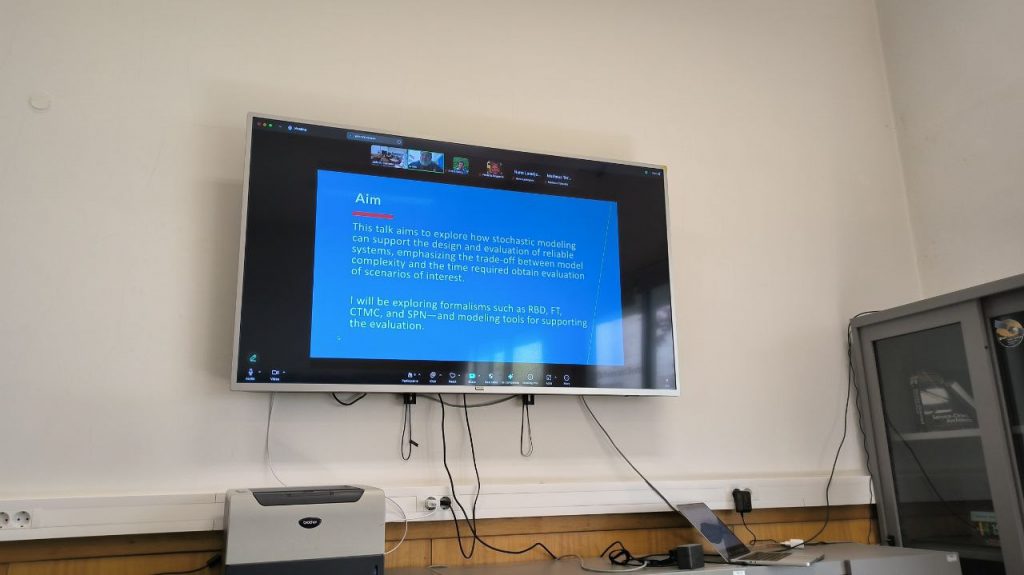14th of May at 16h00, Paulo Maciel (UFPE) will give a presentation entitled“Assessing Performance and Dependability: Trade-offs Between Complexity and Representativeness in Stochastic Modeling”
Location: G4.1
Abstract
Performability is the study of a system’s performance in the presence of failures and repair activities, making it a critical concept for designing and assessing resilient systems. This talk explores methods for assessing performance and dependability, emphasizing the trade-offs between model complexity and representativeness in stochastic modeling.
We begin by revisiting foundational performability concepts, including performance metrics such as utilization and response time and dependability attributes such as availability, reliability, safety, and maintainability. These metrics capture the impact of failure and restoration processes on overall system behavior.
A fundamental aspect of modeling and evaluation is managing the trade-off between the complexity and representativeness of the model and the computational resources required toanalyze it. To address this, we examine various modeling techniques, including analytical methods, numerical approaches, and simulations.
Formalisms such as reliability block diagrams (RBD), fault trees (FT), discrete-time and continuous-time Markov chains (DTMC and CTMC), and stochastic Petri nets (SPN) are discussedin terms of expressiveness, scalability, and solution techniques. Additional topics include hierarchical and heterogeneous modeling, sensitivity analysis, and phase-type distributions for more accurate system representation.
The Mercury tool will be a comprehensive platform supporting performability evaluation through various stochastic formalisms. This talk highlights the importance of structured, model-based assessment to ensure systems meet performance and dependability requirements under adverse operational conditions.
Bio
Paulo Maciel is a Full Professor at the Center for Informatics, Federal University of Pernambuco (UFPE), where he leads the Modeling of Distributed and Concurrent Systems (MoDCS) Research Group. He received his Electronic Engineering degree from the University of Pernambuco in 1987 and later earned a master’s and a doctorate in Electronic Engineering and Computer Science from UFPE. During his Ph.D., he conducted a research internship at Eberhard Karls-Universität Tübingen, Germany (1996–1997). In 2011, he took a sabbatical at the Department of Electrical and Computer Engineering, Edmund T. Pratt School of Engineering, Duke University, USA. His research focuses on performance, reliability, availability, capacity planning, and stochastic modeling, with applications in cloud computing, sustainable data centers, manufacturing, integration, and communication systems. He has advised about thirty Ph.D. students and over sixty M.Sc. students, and has published approximately 400 papers in journals and conferences.
He has extensive experience as a consultant and research coordinator, leading projects funded by the US Army Research Office (ARO), HP, EMC, CELESTICA, FOXCONN, ITAUTEC, INdT, Samsung, Motorola, CHESF, as well as Brazilian government research agencies such as FACEPE, CNPq, and FINEP. In 2023, he published a comprehensive two-volume textbook titled Performance, Reliability, and Availability Evaluation of Computational Systems, which serves as a substantial resource in the field.
Currently, he is a member of the National Council for Scientific and Technological Development (CNPq) as a Research Productivity Fellow (Category 1A). He also conceptualized and led the development of the Mercury toolset, a powerful framework for evaluating the performance and dependability of computational systems.
For more information about his work and publications, please visit the MoDCS Research Group website at www.modcs.org or his CNPq Lattes profile at lattes.cnpq.br.



